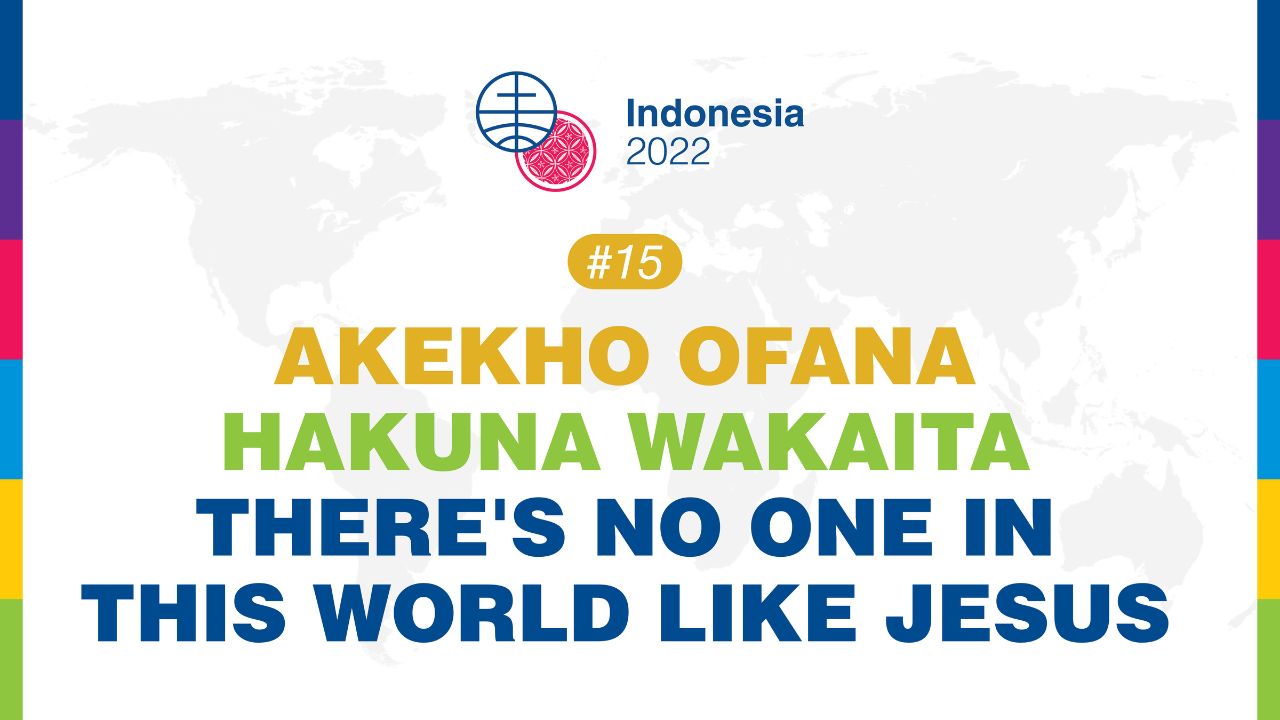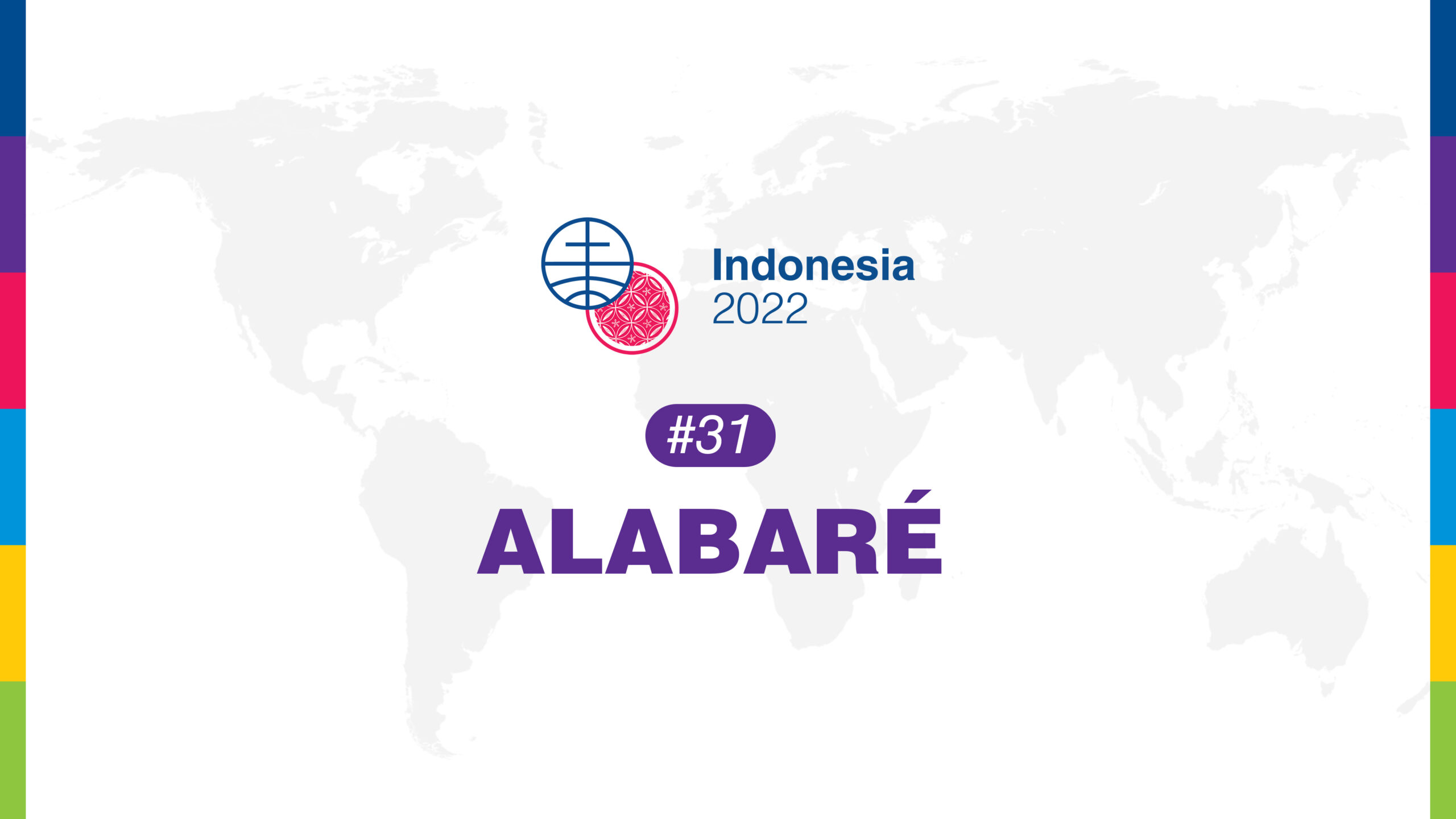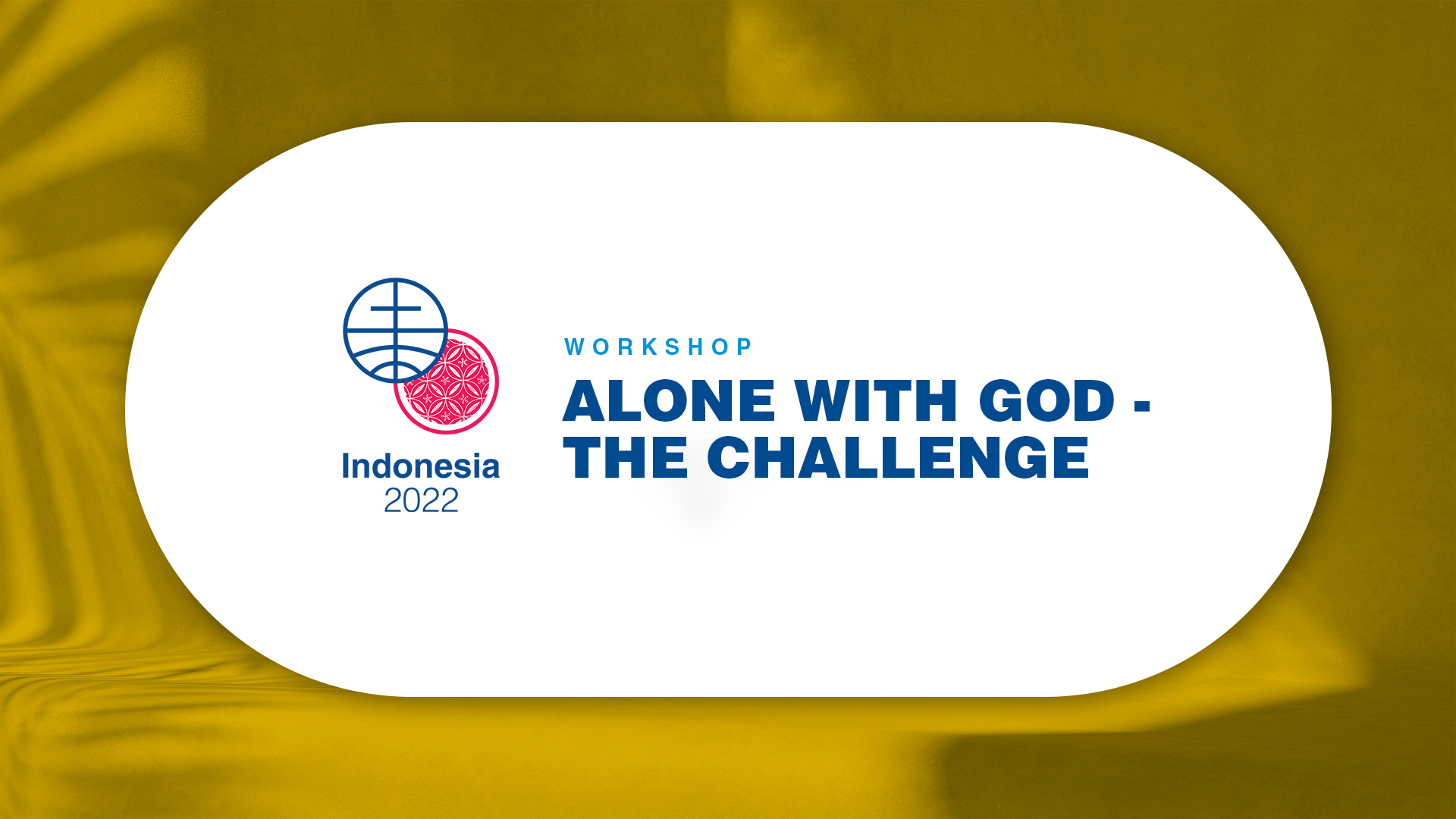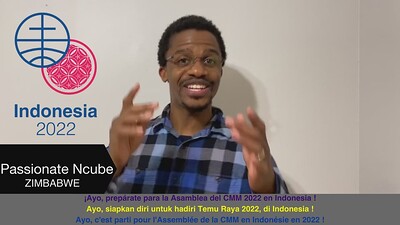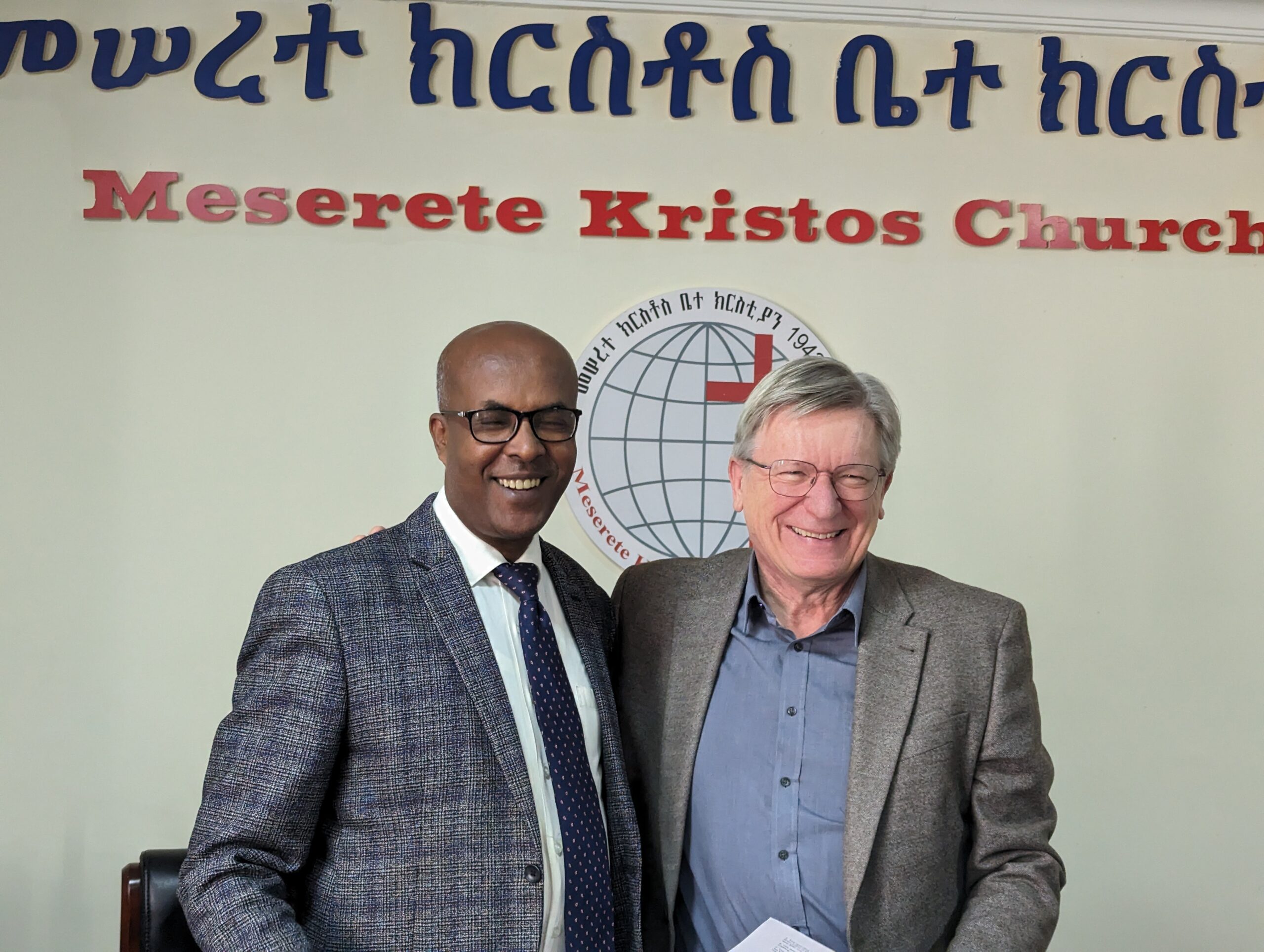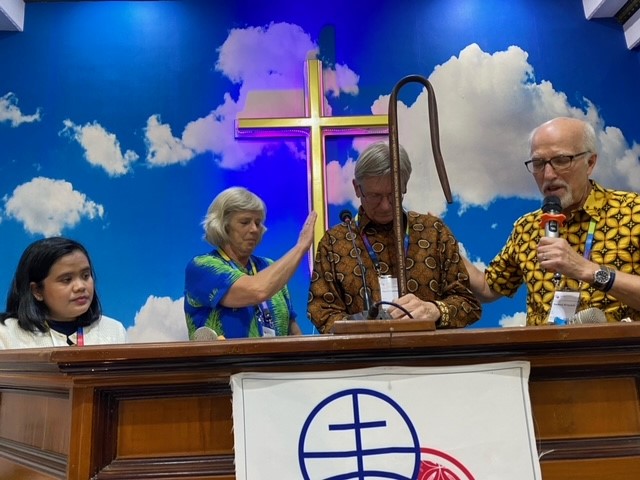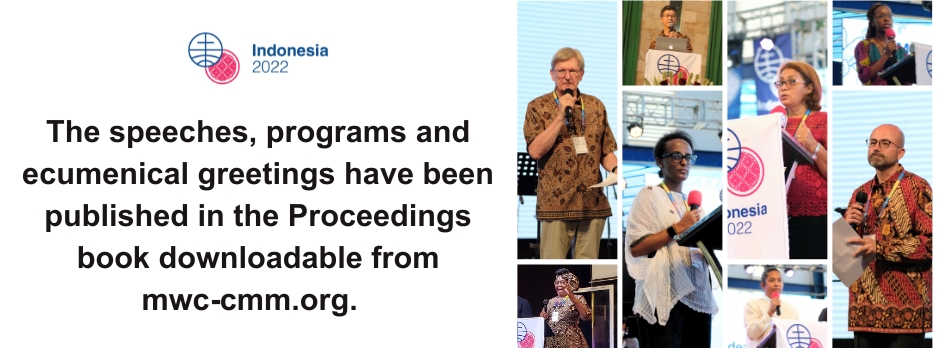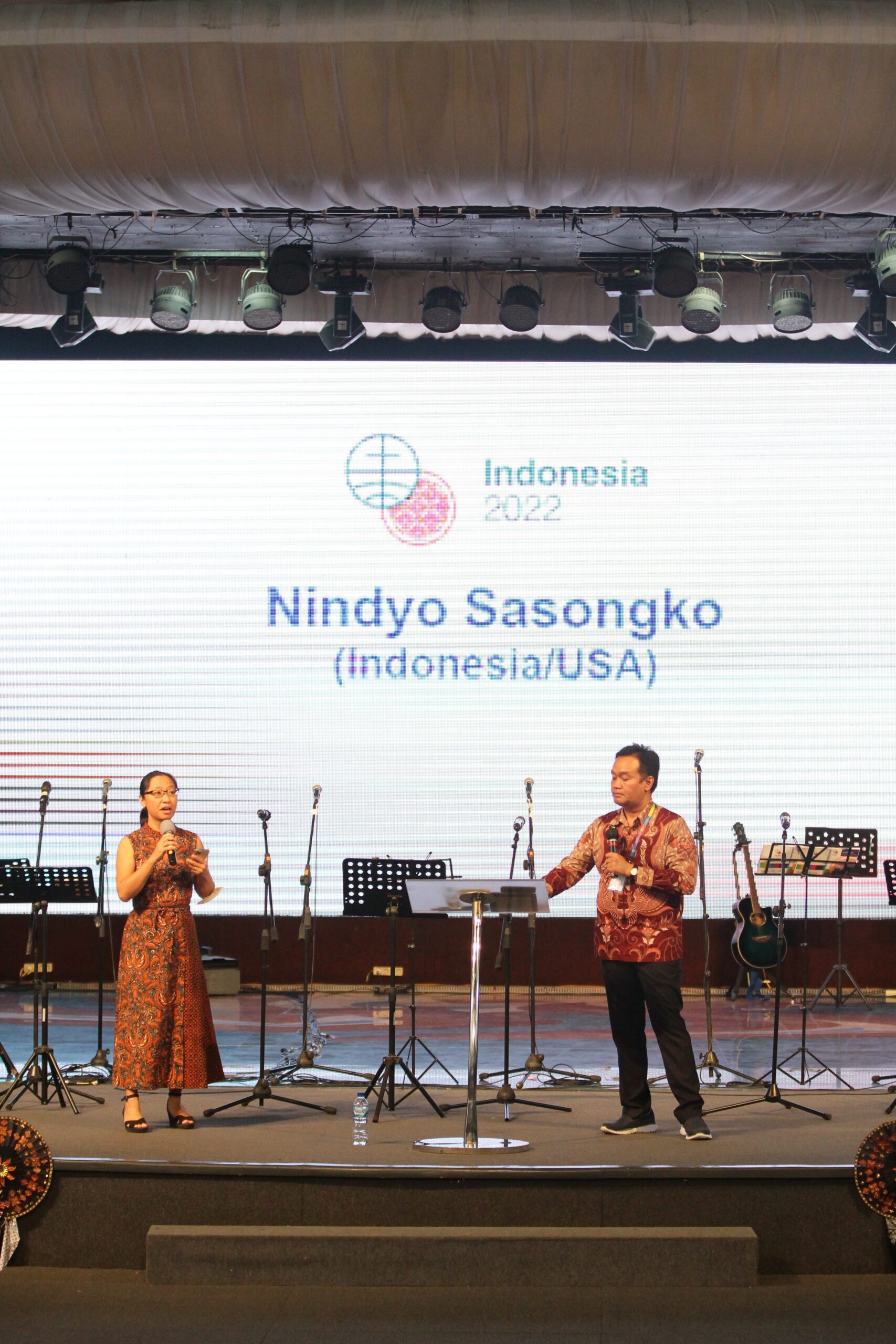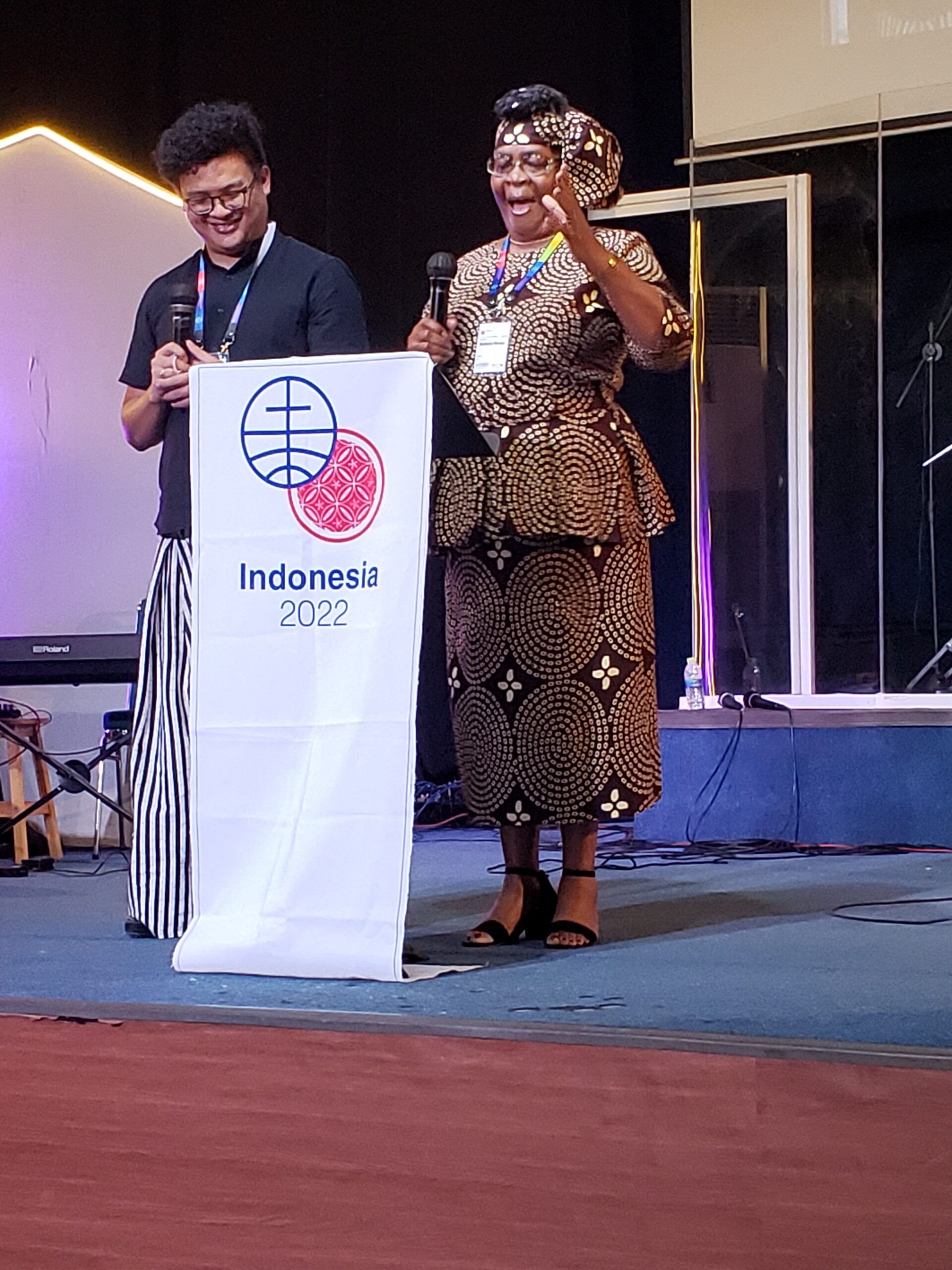-
Assembly News #1
More than just gathering: Taste & see the LORD is good MWC Assemblies are reunions of the Anabaptist-Mennonite family worldwide that take place every six years. They began in 1925, when a small group of Mennonite pastors from seven countries gathered in Basel, Switzerland, for several days of worship and conversation. Praise the Lord, after
-
Assembly News #2
GYS: Global Youth Summit 2021 Life in the Spirit: Learn. Serve. Worship. GYS is a gathering of Young Anabaptists (age 18+) from all over the world. The fourth Global Youth Summit will be held just before Assembly Gathered of Mennonite World Conference, on 2Ð5 July 2021 in Salatiga, Central Java, Indonesia (about 50 km south
-
Assembly News #3
Assembly Gathered Program Music We will sing different styles of music from Indonesia and around the world. An international team will lead the singing. We will hear special music from different parts of the globe in plenary sessions and at the Global Church Village. We will learn new songs to take home & share with
-
Akekho ofana
Assembly 17 – Indonesia 2022 – Songs Akekho ofana / Hakuna wakaita / There’s no one in this world like Jesus / Tak ada yang seperti YesusZimbabwean traditional, English Patrick Matsikenyiri & Daniel Charles Damon, Indonesia Dania CiptadiReprinted / Streamed with permission under ONE LICENSE #A-740570
-
Alone with God – The challenge
Indonesia 2022: workshop
-
Ambassador Kit Resources
Find the resources you need to promote MWC Assembly here! Assembly News: A two-sided bulletin with stories and information about Assembly programming and registration
-
MKC promises memorable and inspirational Assembly
The MWC Assembly in Ethiopia in 2028 takes its first steps toward celebration with the signing of a memorandum of understanding (MOU) and appointment of a national advisory council. From 11-17 January 2024, MWC leaders Liesa Unger (Chief International Events Officer), Sunoko Lin (treasurer), Lisa Carr-Pries (vice president) and Henk Stenvers (president) visited Ethiopia. They
-
Each in their own accent
“I learned that each participant has their own accent; it comforted me to know that having an accent is normal,” says Hens Sita, a member of GITJ Kelet, Indonesia. In advance of the Mennonite World Conference Assembly in Indonesia, IndoMenno (a collaborative of the three Indonesian synods*) facilitated language classes in both English and Indonesian.
-
It feels like yesterday
“There are so many memories and landmarks for the entire GYS/Assembly period that if I were to mention them all it will need another 11 more days to explain it!” says Peleka Jonathan Mpemba, a Global Youth Summit (GYS) delegate for Kanisa la Mennonite Tanzania. A year has passed since the global Anabaptist-Mennonite family gathered
-
Returning home
Ruth is the only book in the biblical canon named after a foreign woman. The book centres on Ruth, a Moabite, and her mother-in-law, Naomi, who return to the land of Judah. Calamity, displacement, barrenness, death and survival can be found in the first five verses of this book. It opens with a famine in…
-
God’s love, forgiveness and reconciliation
In Africa, when we talk about celebrating, we are unpacking robust and unfettered joy, loud and heartfelt singing, vibrant dancing to music and drums, ululating, whistling, stamping of feet and clapping of hands. Celebration denotes a merry heart! We celebrate when there is love, joy, peace and happiness.

